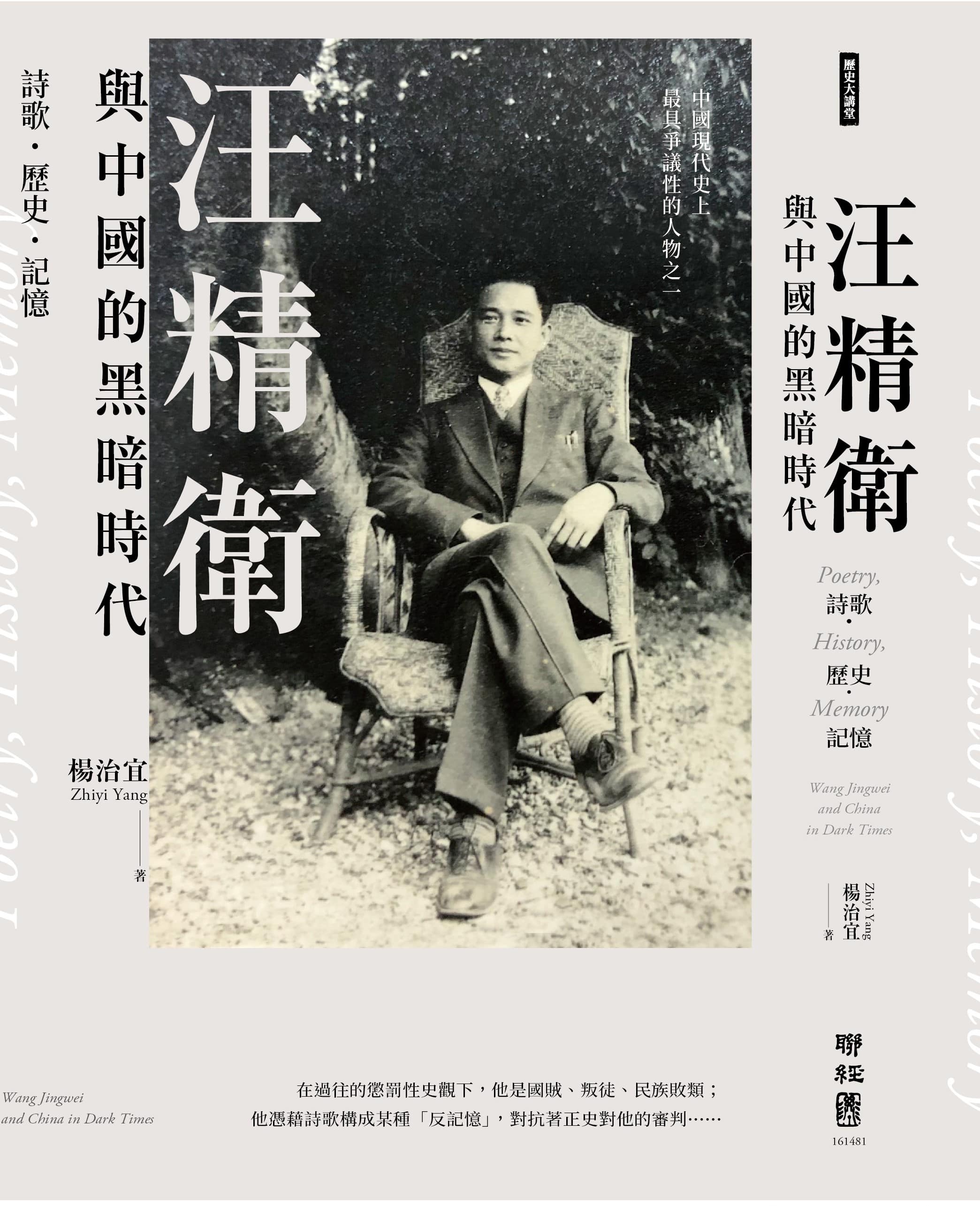The World in a Rice Grain: Avant-garde Lyric Classicism in the Sinophone Cyberspace
(working title; book manuscript in progress)
Since the turn of the millennium, the rapid development of the Internet in China has given fresh impetus to revitalize the writing of poetry in classical genres. Long marginalized by the institutionalized discourse of literary modernity established since the New Culture Movement, this type of poetry never ceases to be written and read, even serving specific ideological agendas during the Maoist era and the post-Maoist cultural thaw. Cyberspace, however, has enabled the birth and growth of a kind of avant-garde movement in lyric classicism, a “bastard child” (used in the deliberately provocative sense) of the classical traditions and literary modernism. By taking a close look at the career and work of representative poets, primarily Lizilizilizi (“Plum Chestnut Pear”), Xutang (“Hall of Ethereal Breath”), Dugu-shiroushou (“Lone Carnivore”), and Tianxuezhai (“Studio of Cascading Snow”), I explore the complicated interactive dynamics between the semiotic functioning of the digital media and the semantic memory of China’s lyric traditions. Meanwhile, the development of this literature is also intimately tied to material and transmedia factors, such as the transformation of digital infrastructure from the age of the personal computer to that of the smartphone, the capitalist consolidation of Chinese cyber-literary platforms, and the tightening grip of digital censorship now increasingly empowered by artificial intelligence. I will also investigate questions of gendered writing (masked behind a pseudonym) and of digital reading. Lastly, I ask whether, or how, this poetry offers new insights into the long debate about “world literature” and “world poetry,” a pair of terms whose utility is increasingly under siege in the age of Harry Potter, web novels, Insta-Poetry, and machine translation. While this poetry may be relegated to an “ethnic digital bookshelf” in the global literary cyberspace due to its resistance to translation, its untranslatability in effect demands its readers to overcome cultural and linguistic differences and to actively create a new worldly space, a miniature cosmos born through an Internet cable the size of a rice grain. Perhaps, if we redefine “world” as a verb (welten), then all poetry that worlds can be called genuine “world poetry,” regardless of its medium, popularity, translatability (or the lack thereof). Sinophone avant-garde classicist poetry, through its active reengagement with China’s literary traditions, its modernity, and its contemporary reality, creates fresh and dynamic relationships between the reader and the poetic text, opening up new dimensions for appreciating the power and vitality of the Chinese lyric language in the digital age. It hereby becomes a poetry that worlds by facing back the past while stepping forward into the future.
Sinophone Classicism
A collaborative project spanning across fields like literary, cultural, and media studies. It further attempts to engage practicing writers and artists in an ongoing dialogue on representing Chineseness in a multicultural, multilingual, and increasingly digitalized world. This project has resulted in the following events and publications:
- Zhiyi Yang, “Sinophone Classicism: Chineseness as Temporal and Mnemonic Experience in the Digital Era,” The Journal of Asian Studies 81.4 (2022): 1–15.
- Zhiyi Yang and David Der-wei Wang eds., Special Issue “Classicism in Digital Times: Textual Production as Cultural Remembrance in the Sinophone Cyberspace,” Prism: Theory and Modern Chinese Literature (under review).
- Harvard-Frankfurt-Lingnan Symposium “Classicism in Digital Times: Textual Production as Cultural Remembrance in the Sinophone Cyberspace,” co-organized by Zhiyi Yang and David Der-wei Wang
- “Sinophone Classicism: Chinese Cultural Memories in a Global Space” lecture series at Institute for Advanced Studies in the Humanities, Bad Homburg (2021-25), organized by Zhiyi Yang
- Global Sinophone Classicisms, a workshop coorganized by Zhiyi Yang and David Der-wei Wang, to be held from May 10-11 at Institute for Advanced Studies in the Humanities, Bad Homburg
